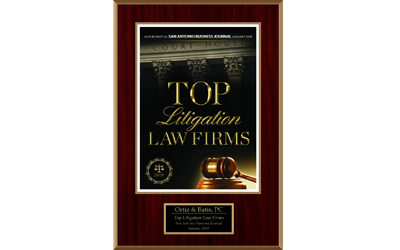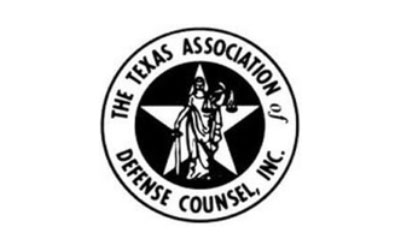Section 18.001 is meant to streamline trials and create a more efficient way for parties to prove up the reasonableness and necessity of their economic damages. In the personal injury context, this often results in Plaintiffs serving 18.001 billing affidavits from their healthcare providers, in which the custodian of records attests that the services provided were necessary and the amount charged for the services was reasonable at the time and place that the services were provided.
After being served, defendants must determine within 30 days (or otherwise must request leave of the court) whether or not they wish to controvert those affidavits and preserve their ability to attack the reasonableness and/or necessity of the treatment at trial. If the defendant chooses to controvert those affidavits, then that affidavit must contain “reasonable notice” on the basis it intends to controvert the claims in the initial affidavit and it must be made by a person “qualified, by knowledge, skill, experience, training, education, or other expertise.”
A defendant may elect to retain a coding/billing expert to create a controverting affidavit only as it relates to the reasonableness of cost. In those affidavits, the coding/billing expert will simply go through the itemized charges contained in the initial affidavit and identify which charges are unreasonable at the time and place the services were provided. This provides defendants with a quick and efficient alternative to being forced to prematurely determine the need to retain a medical expert. More often than not, those controverting cost affidavits are quickly met with a motion to strike attacking the qualifications of the coding/billing expert and the reliability of those opinions. Until recently, there has been little guidance from the appellate courts on this issue and rulings on those motions were often sporadic and inconsistent.
On March 5, 2019, in a mandamus proceeding, the Twelfth Court of Appeals addressed this very issue in In re Brown, No. 12-18-00295-CV, 2019 WL 1032458, (Tex. App. – Tyler March 5, 2019). There, respondent was injured as a result of a motor vehicle accident and filed numerous affidavits regarding the reasonableness and necessity of medical treatment in accordance with Section 18.001 of the Civil Practice & Remedies Code. Relator served a controverting affidavit from a nurse attacking only the reasonableness of the costs contained in Respondent’s affidavits. Respondent then filed a motion to strike on multiple grounds, including that the nurse was not qualified and her opinions lacked a reliable foundation or factual basis. The trial court granted the motion to strike.
The court of appeals found that the order striking the controverting affidavit was an abuse of discretion, conditionally granted Relators’ petition for writ of mandamus, and directed the trial court to vacate its order striking the counter-affidavit. In arriving at that decision, the court first reviewed the qualifications of the nurse by analyzing her curriculum vitae, which was attached to her controverting affidavit. The nurse has been a licensed nurse since 1995 and has worked case management and claim analyses for insurance companies since 1999. This experience resulted in her becoming familiar with medical coding and billing practices.
The court addressed a recent Supreme Court decision in Gunn v. McCoy, 554 S.W.3d 645 (Tex. 2018), in which the Supreme Court held that insurance subrogation agents are qualified to use their databases to create affidavits and “the plain language of section 18.001(c)(2)(B) does not require that the affidavits be made by a records custodian for a medical provider.” Id. at 672. Here, while applying the Supreme Court’s reasoning, the court also found that the nurse was entitled to rely on her databases on medical costs when opining which charges were unreasonable. As such, the court concluded that the nurse was qualified and that her opinions were reliable.
The court of appeals found that mandamus relief was proper since, if affidavits are excluded and left uncontroverted, section 18.001 prevents Relators from presenting evidence to the jury about the reasonableness or necessity of the Respondent’s medical expenses. Since Relators would be prohibited from presenting evidence negating the Respondent’s damages, the court felt that exclusion of the controverting affidavit would be a harmful error and result in an irreversible waste of resources. This opinion, although not a Texas Supreme Court opinion, will be useful in defending against plaintiffs’ motion to strike controverting affidavits.



